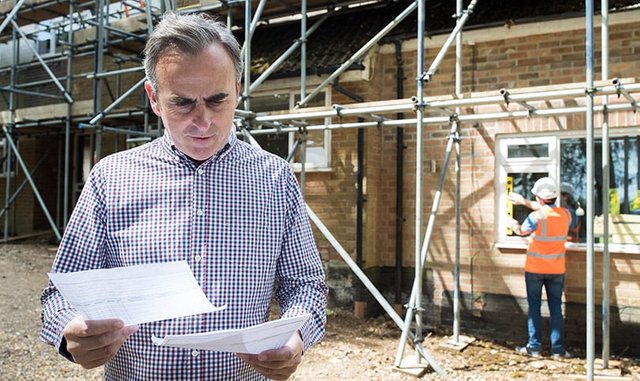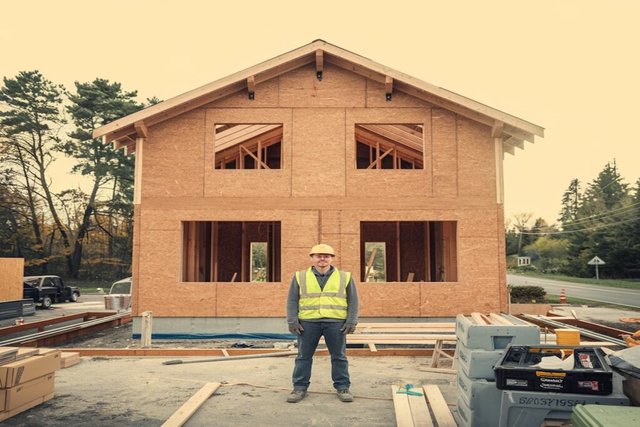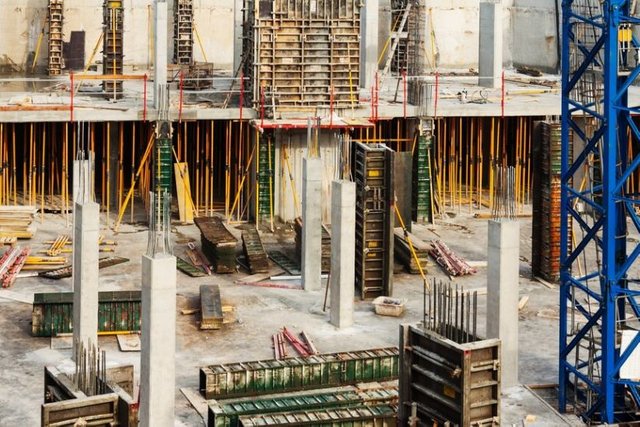Common Construction Mistakes and How to Avoid Them-12-04-2025
Whether you're remodeling a room or building a house from the ground up, construction mistakes can be costly. From poor planning to low-quality materials or lack of communication, a simple error can lead to delays, budget overruns, or safety hazards.

In this post, we go over the most common construction mistakes and how to prevent them effectively.
1. ❌ Lack of Detailed Planning
One of the biggest mistakes is starting construction without a clear plan. This leads to improvisation, rushed decisions, and expensive mid-project changes.
✅ Solution:
Develop a detailed construction plan with the help of professionals. Include drawings, timelines, budgets, and a list of materials.

2. ❌ Skipping Permits and Licenses
Building without the proper permits can lead to fines, work stoppages, or even demolition.
✅ Solution:
Research local building codes and obtain all required permits and licenses before beginning. Hire an architect or consultant if needed.
3. ❌ Choosing Cheap or Poor-Quality Materials
Saving money on materials often results in structural issues, leaks, or premature wear.
✅ Solution:
Invest in durable, certified materials that are suited to your environment and project type.
4. ❌ Hiring Unqualified Labor
Working with inexperienced or unverified workers can lead to delays, poor finishes, or accidents.
✅ Solution:
Hire professionals with proven experience and references. Always review previous projects.
5. ❌ Underestimating the Budget
Many projects end up costing more than expected due to unplanned expenses.
✅ Solution:
Add a 10–20% buffer to your budget for unexpected costs.

6. ❌ Poor Communication Among Stakeholders
If architects, clients, and workers aren’t aligned, errors multiply. Misunderstandings can cause delays or mistakes.
✅ Solution:
Establish clear and frequent communication. Use tools like weekly meetings, WhatsApp groups, or progress reports.
7. ❌ Ignoring the Proper Order of Construction Stages
Doing things out of order can result in rework. For example, painting before finishing electrical work or installing floors before sealing walls.
✅ Solution:
Always follow the logical construction sequence—from foundations to final touches. When in doubt, consult a pro.
